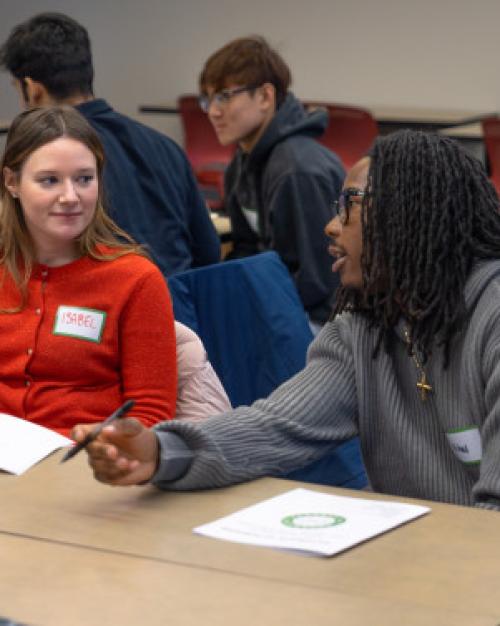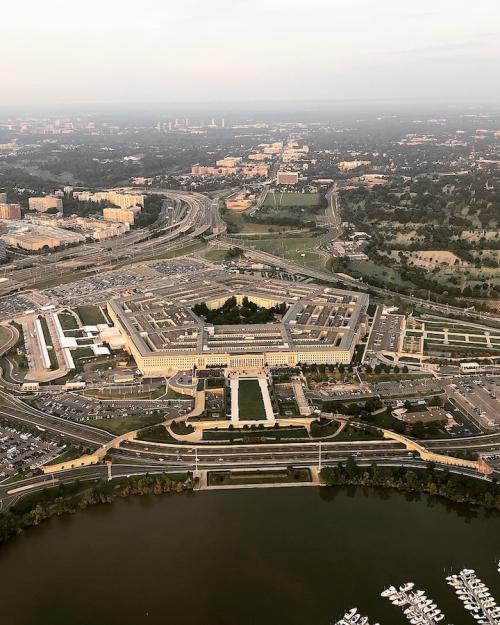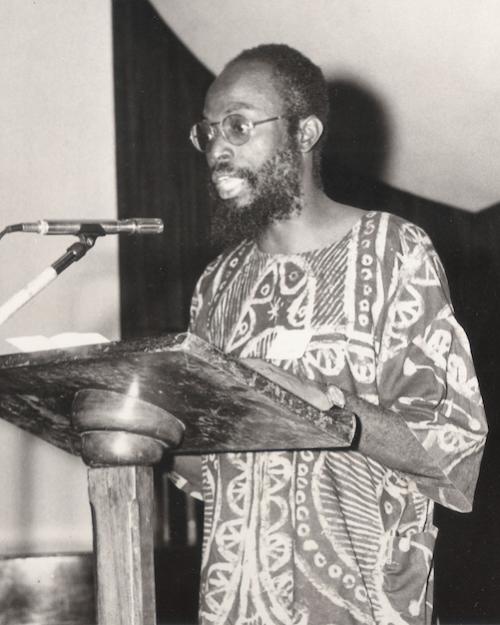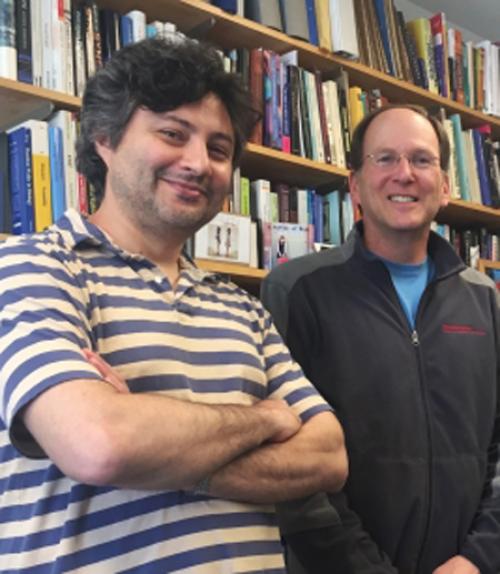Mathematicians often struggle with the idea of communication – to the rest of the world, and even with each other – but a recently secured grant from the National Science Foundation (NSF) will help math “evangelist” Steven Strogatz and his colleagues tackle that problem.
The NSF this spring awarded Cornell a five-year, $2.5 million grant under its Research Training Group (RTG) program, which supports efforts to improve research training by involving students, postdoctoral associates and faculty members in structured research. Participants in the program must be either U.S. citizens or permanent residents.
Cornell’s project is titled “Dynamics, Probability and PDEs (partial differential equations) in Pure and Applied Mathematics.” The team, led by Strogatz, will attempt to bridge the gaps between those mathematical disciplines through collaborative, interdisciplinary research, while including novel elements to help the next generation of math scientists learn to communicate broadly.
The program, scheduled to start Sept. 1, will include faculty, postdoctoral associates, graduate students, undergrads and high school students, all working together in various ways. Strogatz, the Jacob Gould Schurman Professor of Applied Mathematics, is the principal investigator and one of 11 faculty team members. Co-PIs are math professors Tim Healey, Laurent Saloff-Coste and Alex Vladimirsky, and operations research and information engineering professor Gennady Samorodnitsky.
Among the unique aspects of this RTG: a math communication seminar developed at Cornell in collaboration with the Alan Alda Center for Communicating Science.
“Mathematicians are notoriously bad at [communication],” said Strogatz, author of four books on mathematics, including the best-selling “The Joy of X: A Guided Tour of Math, From One to Infinity,” and a frequent guest on National Public Radio.
“We’re writing on the board, with our back to the audience – it’s like they don’t even need to be there as far as we’re concerned,” he said jokingly. “The Alda Center has this track record with scientists of making people warmer and more engaging, and more understandable.”
Saloff-Coste, the Abram R. Bullis Professor of Mathematics and former math department chair, was on the faculty team for Cornell’s previous math RTG, “Interdisciplinary Training in the Applications of Probability,” from 2003 to 2013. He became PI of the project in 2010, following the departure of Richard Durrett. Building on the experience of that prior RTG, the new project brings together pure and applied mathematics, but in a broader context.
“The fields of partial differential equations, dynamics and probability all are very much intertwined, and all have pure and applied aspects,” Saloff-Coste said. “They very naturally feed into one another.”
Vladimirsky agrees that the three areas have many intersections. Part of his motivation as a professor, he said, is that he wishes it had been taught that way to him during his graduate education at the University of California, Berkeley.
“It was a wonderful program,” he said, “but in looking back I discovered that there was a significant deficiency: A lot of important mathematical subjects – such as probability theory, partial differential equations, dynamical systems – were taught as completely disparate subjects. It took me many years after finishing to realize the connections.”
Regarding the communication component of the RTG, one of the Alda Center’s proven methods of helping scientists explain their work more effectively is the use of improvisational games and exercises borrowed from theater. Alda Center instructors will participate via Skype and in person.
Communication isn’t generally high on the priority list for mathematicians, especially theoreticians like Saloff-Coste.
“It’s clear that it’s not easy to communicate mathematics; it’s a fundamental difficulty,” he said. “Within the [math] community, I think it’s good to just talk about it, to recognize that there is a problem.”
Strogatz is hopeful that this attempt at fostering better math communication, in all directions, will spread exponentially.
“It’s going to be innovative,” he said. “We’re going to develop this over the next five years and try to make it something valuable. If it works, we expect it to be helpful to programs elsewhere, and maybe even to the profession more broadly.”
In addition to the enhancement of ongoing outreach to area high schools, another key element of the program will be a summer REU (research experience for undergraduates) program, in which five to eight college students will be recruited for an eight-week research program, led by faculty, graduate students and postdocs.
One of the components will be diversity: At least two of the REU participants will come from Morehouse College and/or Arizona State University, institutions that serve many students underrepresented in the mathematical sciences.
This story also appeared in the Cornell Chronicle.




